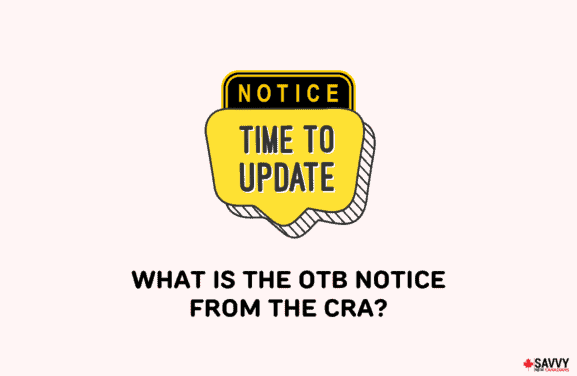The Canadian Training Credit (CTC) is a refundable tax credit available to help Canadians cover eligible training expenses. This includes tuition and related costs for courses taken during the year and paid to eligible educational institutions in Canada.
This tax credit enables students to offset specific training expenses, thus enhancing their skills and qualifications. This, in turn, boosts their employment prospects and potential for future earnings.
This article will discuss the basics of CTC, the amount you can get, the CTC limit, how to find eligible institutions and the requirements you must fulfill to claim your CTC.
The Canada Training Credit – An Overview
The Canadian government established the Canada Training Credit to provide financial assistance to individuals with eligible training expenses.
This tax credit aims to promote lifelong learning and skill development in students, resulting in brighter employment prospects.
This is How Much You Can Receive
The CTC amount you can claim is whichever is lesser of the two:
- Your Canada training credit limit (CTCL) for the tax year, or
- 50% of the qualifying tuition and other fees you paid to an eligible Canadian educational institution for courses you attended during the year, or fees you paid to institutions for an occupational, trade or professional examinations you took within the year
Canada Training Credit Limit
You can find your Canada training credit limit (CTCL) for the year on your latest notice of assessment or reassessment. The Canada Revenue Agency (CRA) will evaluate the criteria when you file an income tax and benefit return for the year.
If the CRA finds you eligible, it will increase your CTCL by $250, up to a maximum of $5,000 in a lifetime. In the years when you file a CTC claim, you can still collect $250 in your CTCL for the subsequent tax year.
Canada Training Credit Eligible Institutions
A CTC-eligible educational institution refers to either of the following:
- A university, college or other educational institution that provides courses at a post-secondary level
- A Canadian institution that provides occupational skills courses, is certified by the Minister of Employment and Social Development and listed in the Master Certification List (MCL)
How to Claim the Canada Training Credit
You can file a Canada Training Credit (CTC) claim once you complete your income tax and benefit return. To claim the CTC, you must meet all the six requirements listed below.
- You file an income tax and benefit return for the year
- Your CTCL for the year is more than zero
- You paid tuition or other fees to an eligible educational institution for courses you attended or for occupational, trade or professional examinations you took in the year you’re claiming the CTC
- The tuition and fees you paid are qualified for the existing tuition tax credit
- You were at least 26 years old and less than 66 years old at the end of 2023
- You were a Canadian resident throughout the year
You can file electronically through certified tax software or fill out a paper return and complete Schedule 11, Federal Tuition, Education, and Textbook Amounts and Canada Training Credit, in your income tax package.
Each time you claim your CTC, your CTCL for future years will decrease. The CTC you declare on line 45350 (CTC) of your income tax and benefit return will reduce the amount of tax you owe.
Canada Training Credit vs Tuition Credit
Tuition credit is a tax credit available to Canadian taxpayers who have paid tuition fees themselves or for their dependents. The tax credit applies to any Canadian studying at a post-secondary institution whose tax residence is in Canada.
To qualify for this tax credit, you must be 16 years old or older before year-end. You must also be enrolled in an educational institution to obtain or improve your skills. The fees paid to attend the institution must also be more than $100.
What is the training credit limit at the beginning of the year?
Starting in 2019, the Canada Training Credit Limit (CTCL) is $250 per year, with a lifetime limit amount of up to $5,000. If you’re qualified, your credit limit for a given year will be your CTCL from the previous year, minus any claims, plus the yearly limit increase of $250.
Does Canada training credit roll over?
When you reach the age of 65, any remaining balance in your Canada training credit will expire. No further accumulation will take place for the subsequent years.
How do I use unused tuition credits in Canada?
If you have unused tuition tax credits in Canada, you can carry them forward to future years. You may also transfer the unused credits to your spouse, common-law partner, parents or grandparents.
How do I calculate my Canada training credit?
The CTC amount will be the lesser of the two: (1) half of the eligible tuition and fees you paid during the year; and, (2) your CTC limit (CTCL) for the taxation year. The CTCL for a year is equivalent to the previous year’s minus previously claimed CTCs plus the annual accumulation of $250.
Related:



